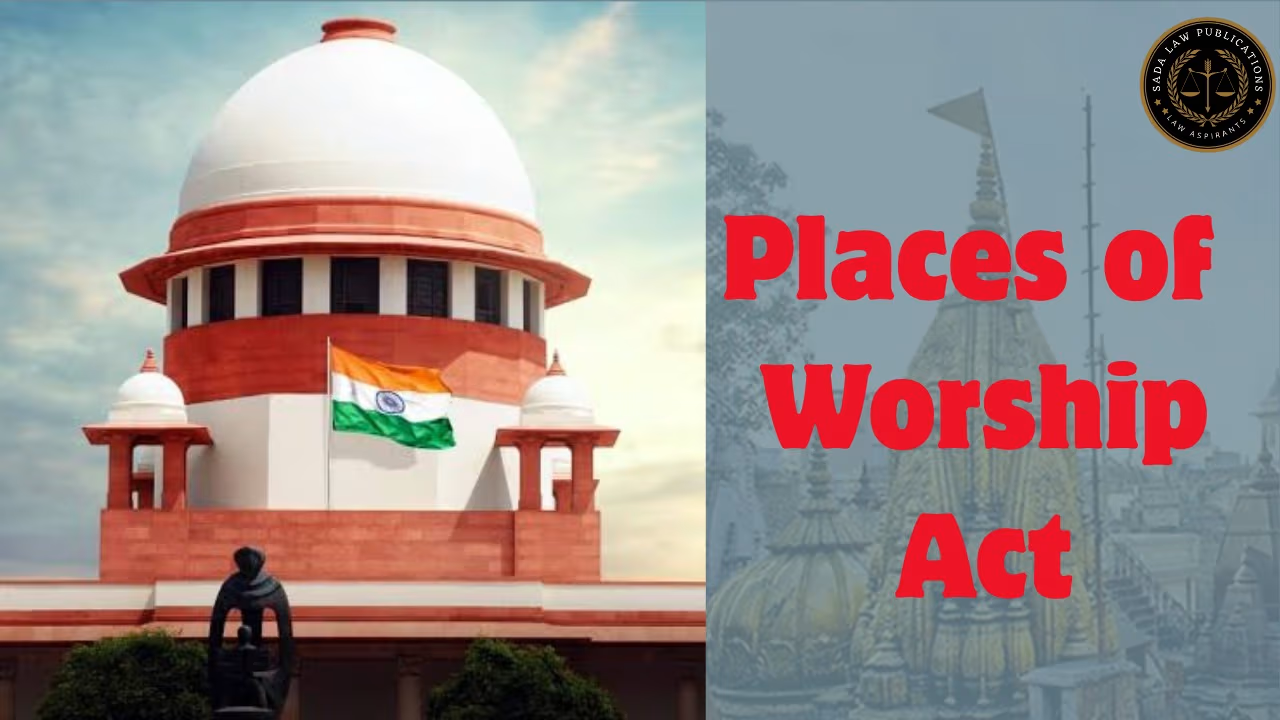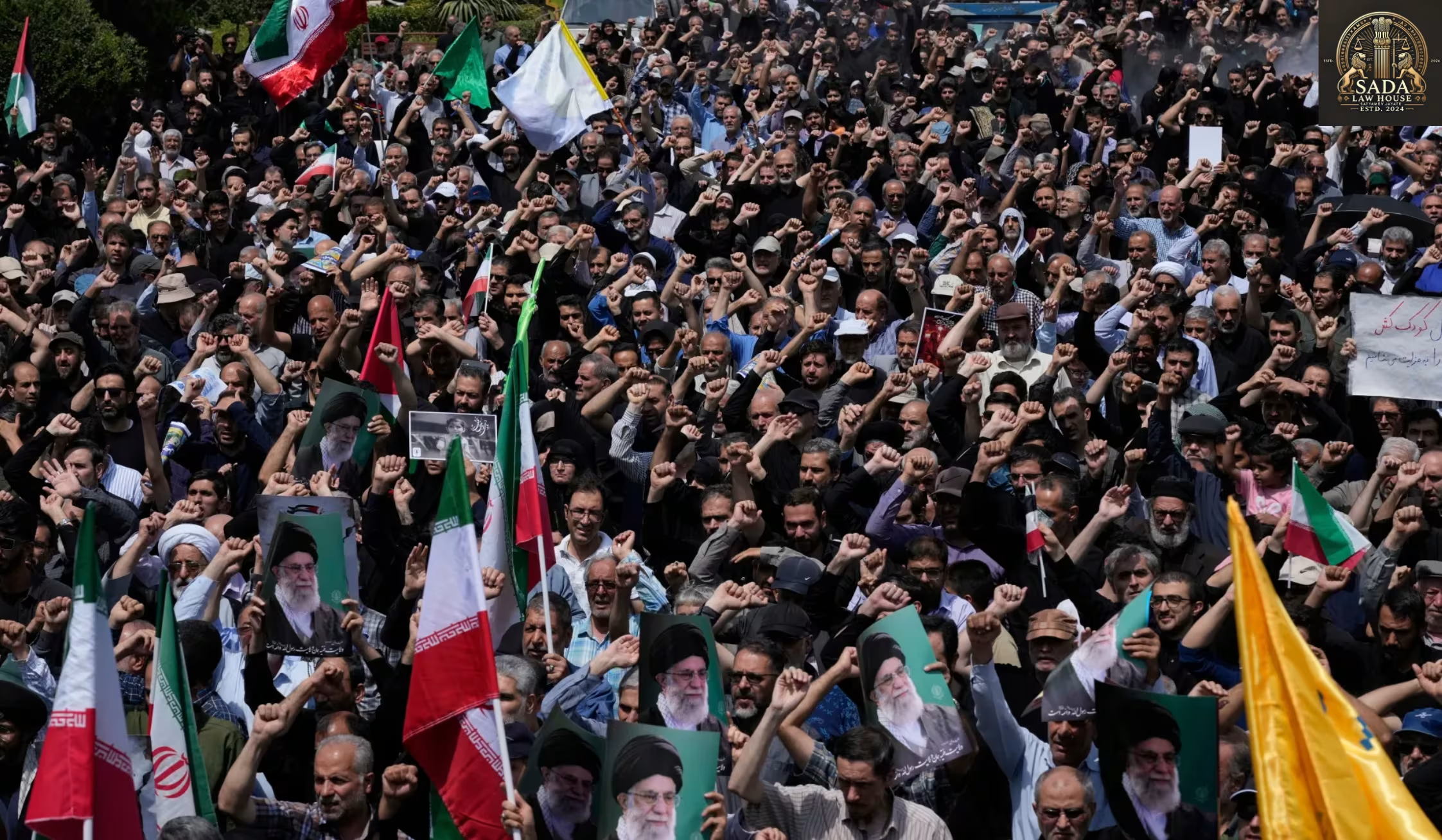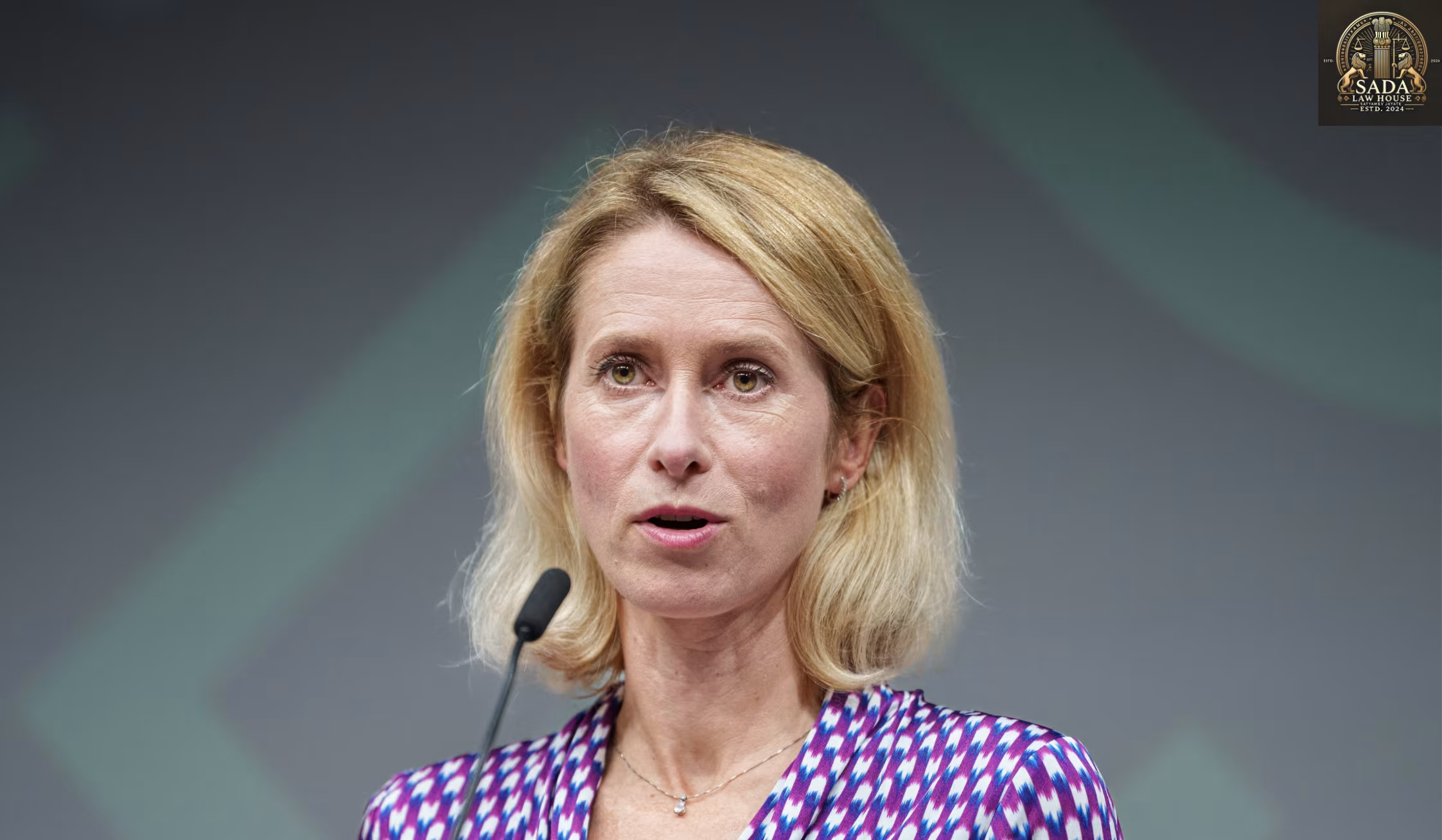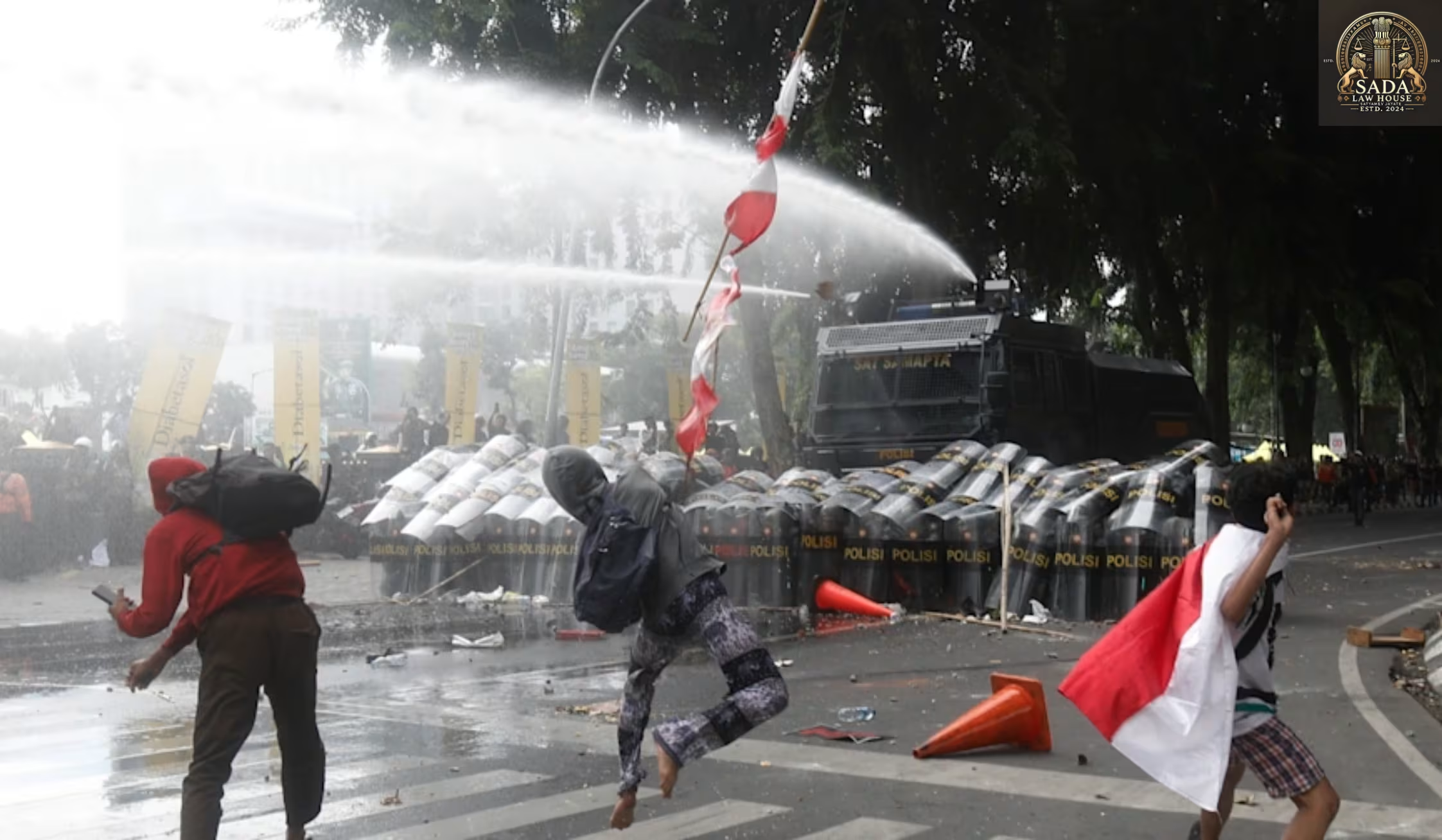The Supreme Court permits the petitioner to get involved in ongoing proceedings but rejects another petition contesting the Places of Worship Act.
- MAHI SINHA
- 02 Apr 2025

Update: 02 Apr 2025
NITIN UPADHYAY …………….Petitioner
Vs
UNION OF INDIA AND ORS …………Respondent
Today the Supreme Court of India declined to consider a writ petition contesting the legality of Section 4(2) of the Places of Worship Act, 1991, which states that any legal actions pertaining to a place of worship’s religious character that are started prior to August 15, 1947, will end on the Act’s effective date. However, the petitioner was given permission by the court to submit a request in the ongoing challenge to the Act, which is titled Ashwini Kumar Upadhyay v. Union of India.
Notably, a number of petitions challenging the legality of the Places of Worship Act, 1991 have already been brought before the Court. On December 12, a bench made up of Justices PV Sanjay Kumar, KV Viswanathan, and Chief Justice of India Sanjiv Khanna issued a landmark ruling prohibiting new lawsuits and survey orders against religious places.
At the beginning, the CJI Sanjiv Khanna and Justice Sanjay Kumar bench stated that the current plea was identical to the ongoing challenge. The CJI replied, “This is the same plea, what is the difference?” Nevertheless, the lawyer for the petitioner pleaded with the court to accept it for hearing and include it in the current batch.
He further stated, “There is a subtle difference in what is being said, I’ll address the Court.” The Bench declared, “We are not inclined to interfere in the present petition under Article 32 of the Constitution,” declining to consider the case further. Under the currently ongoing challenge, the applicant was given the freedom to file an application.
Notably, the Court ruled on December 12 during the hearing of the ongoing case that courts should refrain from issuing enforceable interim or final rulings, including examination orders, in continuing challenges (such as those involving Gyanvapi Mosque, Mathura Shahi Idgah, Sambhal Jama Masjid, etc.). While considering a number of petitions contesting the Places of Worship (Special Provisions) Act, 1991, and one requesting the Act’s execution, the interim ruling was issued.
S.4(2) – Why Was This Section Challenged?
The petition specifically challenges S.4(2) of the Places of Worship Act, 1991, which specifies that if, at the time this Act is enacted, any suit, appeal, or other proceeding pertaining to the alteration of the religious nature of any place of worship that existed on August 15, 1947, is still pending before any court, tribunal, or other governing body, it will cease to exist, and no suit, appeal, or other proceeding pertaining to any such issue shall lie on or after such beginning in any court, tribunal, or other authority:
As long as any lawsuit, appeal, or other action brought on the grounds that a religious conversion occurred in a particular location after August 15, 1947, is still pending at the time this Act goes into effect, it will be resolved in line with subsection (1). According to S.4(1), a house of worship that was established on August 15, 1947, shall maintain its religious identity as of that day. Among other things, Section 4(2) of the Act has been contested on the grounds that it infringed upon fundamental rights guaranteed by Articles 25, 26, and 29 of the Constitution of India by violating the right to reclaim deity-owned property that has been wrongfully taken by other communities.






